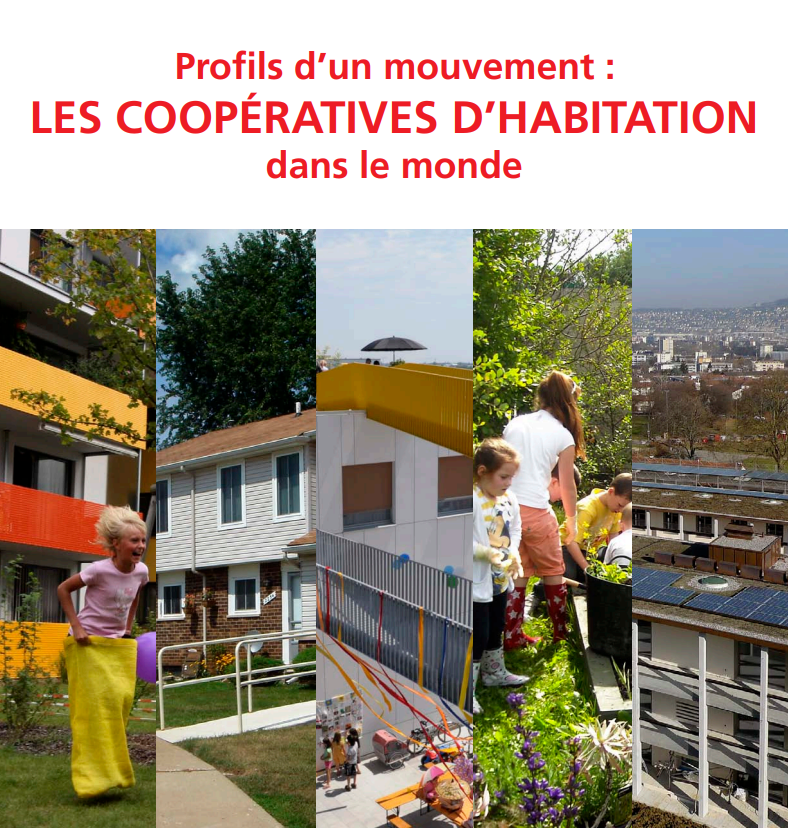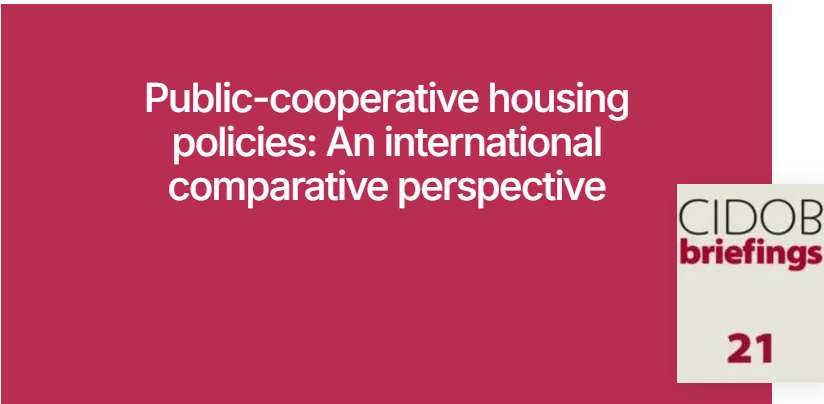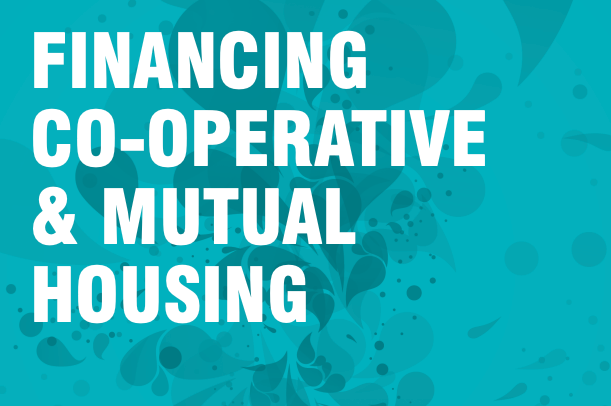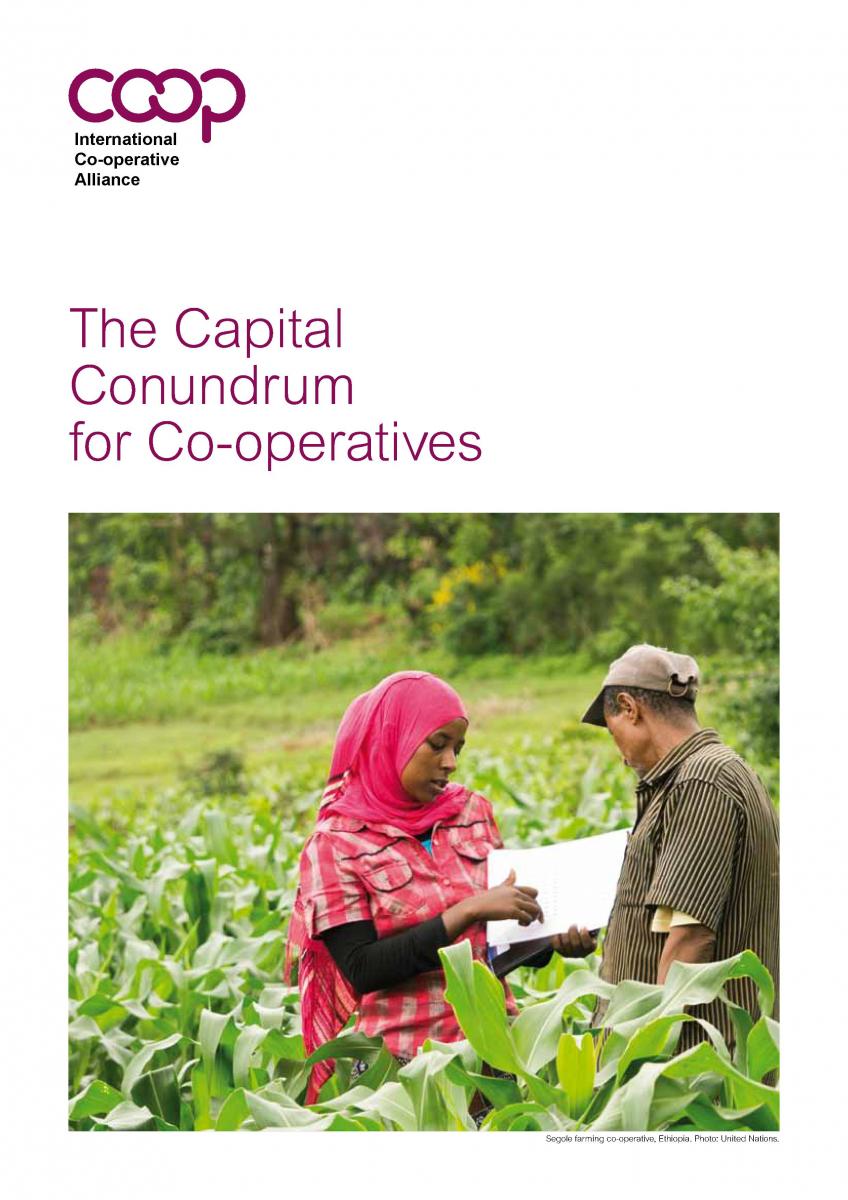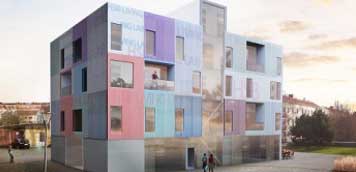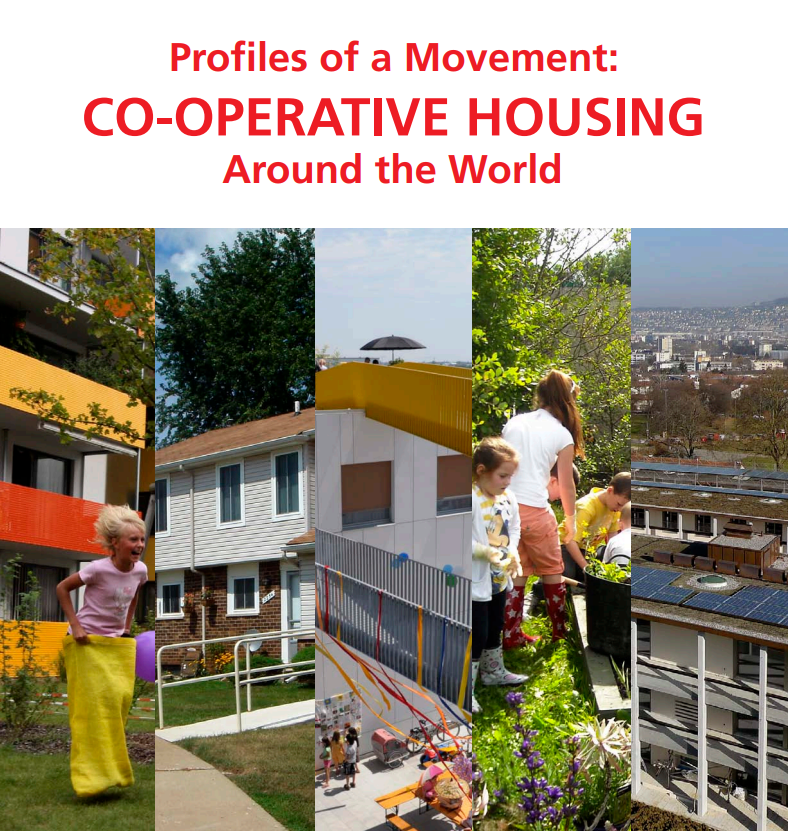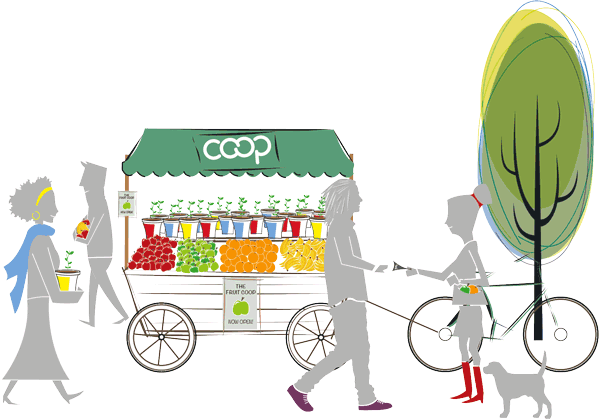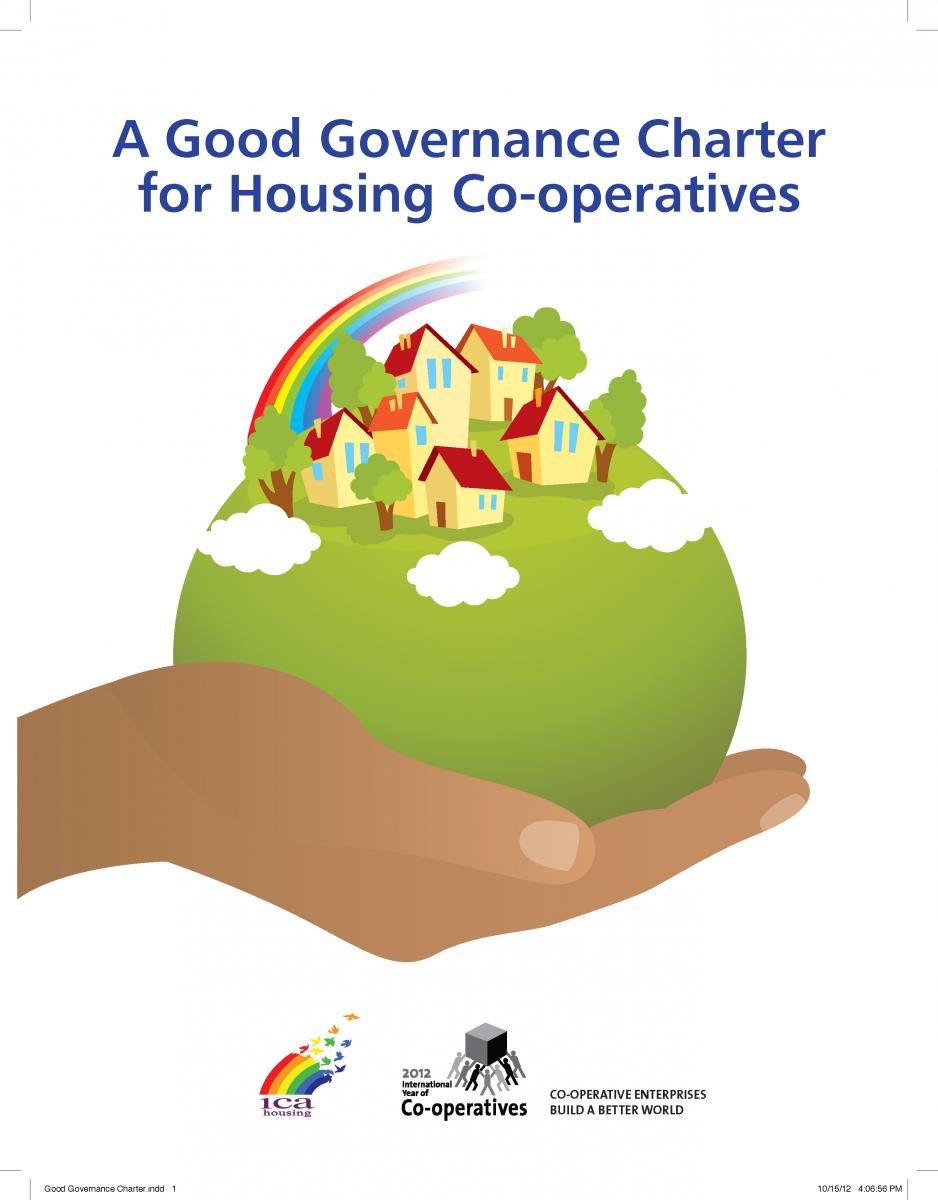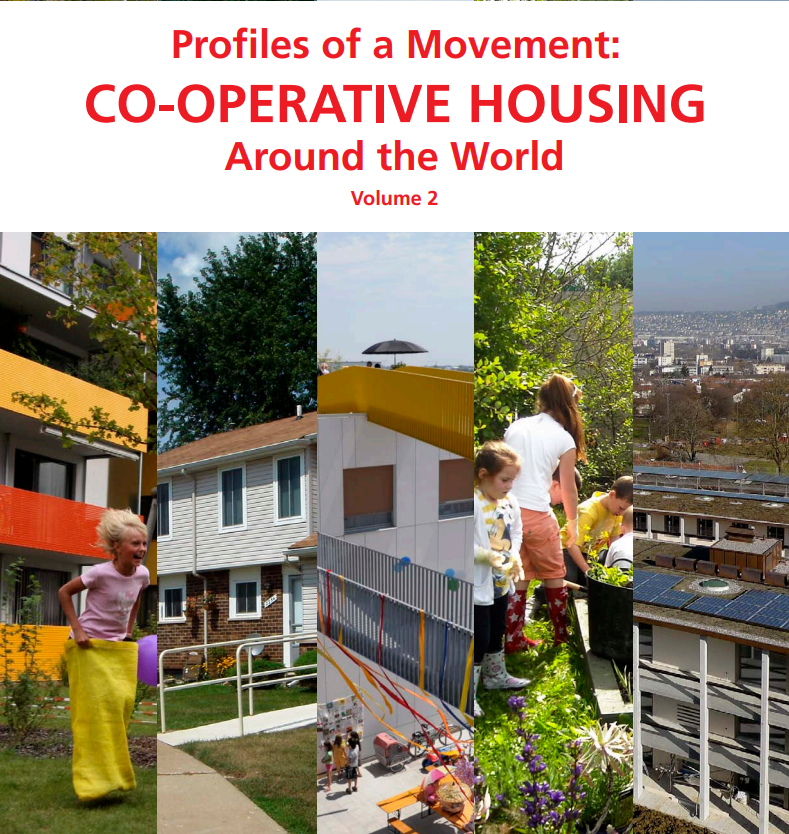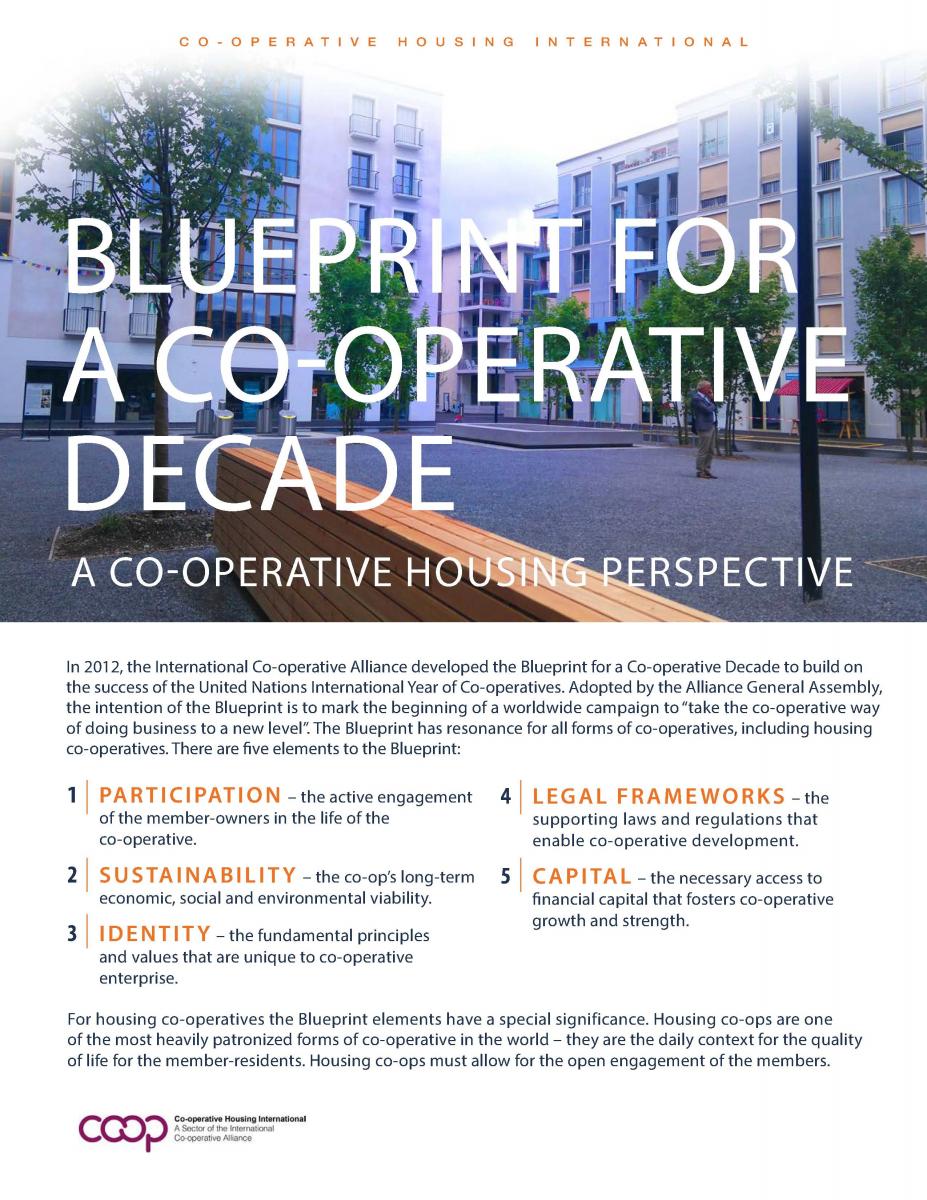About Norway
Cooperative Housing in Norway
Cooperative housing in Norway has deep roots, especially in response to the housing shortage following World War II. The national housing policy prioritized promoting homeownership in a non-speculative framework, aiming to ensure high-quality housing for the majority of Norwegians.
By encouraging cooperative housing, the government fostered a model in which around 80% of the population became homeowners—either through individual ownership or participation in housing cooperatives. The rental housing sector remained small and mostly consisted of private individuals renting out secondary properties on a temporary basis.
Founded in the 1930s, the cooperative housing movement became a crucial tool for implementing social housing policy in Norway, especially after the war. The model relied on a strong tripartite structure: the state, municipalities, and the private sector, with cooperative housing organizations as the largest non-state actors. Government support included subsidized loans, affordable land, and a cost-price principle that prevented speculation.
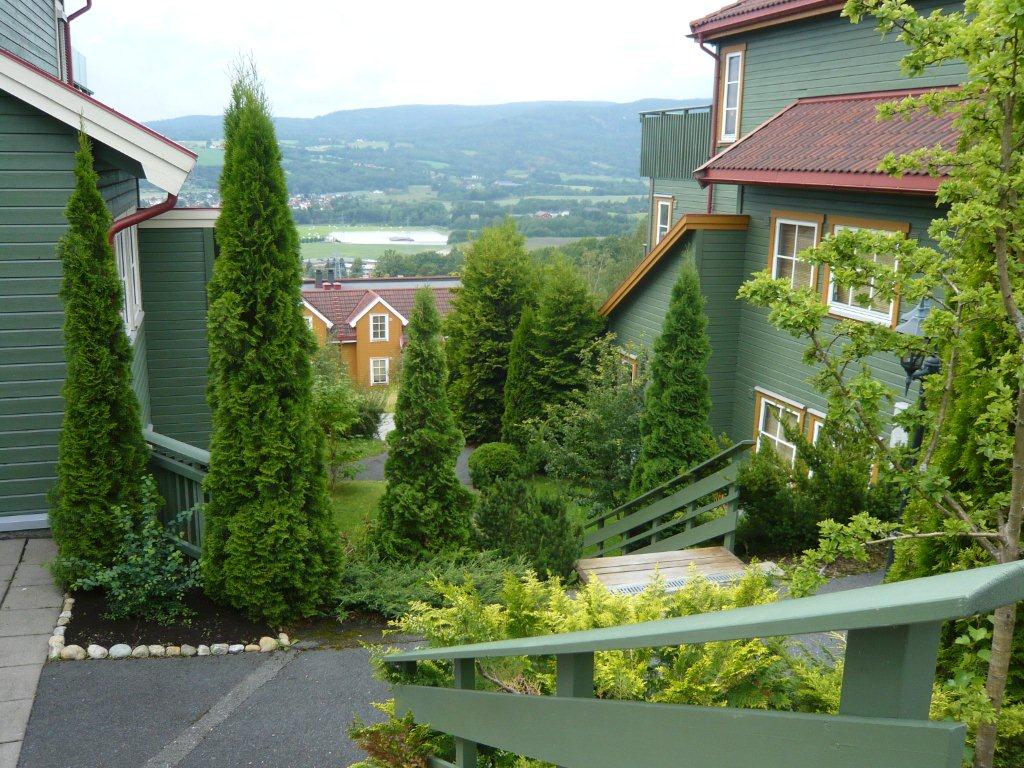
Auvitoppen Housing Co-operative, Lier, Norway (USBL)
Shift in Policy and Market Liberalization
In the 1980s, Norway underwent a significant political shift. The state moved away from a social-democratic housing policy toward a liberal market-driven approach. This change brought the end of price controls and a steep reduction in public subsidies for housing cooperatives. Municipalities stopped providing land, and the role of the State Housing Bank was severely diminished.
Despite these setbacks, cooperative housing in Norway continued to grow. Political backing for the cooperative model in the postwar years laid the foundation for one of the world’s most successful housing cooperative movements.
The Current Context of Cooperative Housing in Norway
The government’s vision remains that all residents should have safe, adequate housing in a supportive local environment. A bipartisan consensus still supports the goal of homeownership for all. However, the housing market has become increasingly difficult for ordinary Norwegians due to rising property prices and limited public support.
Today, most government housing aid targets only low-income households or those with special needs. Cooperative housing in Norway no longer benefits from direct financial support, even though it still accounts for a substantial portion of the housing stock—especially in cities. For example, in Oslo, housing cooperatives represent 32% of the total housing market.
Characteristics of Cooperative Housing in Norway
Norwegian housing cooperatives share several common traits:
-
The cooperative owns the property.
-
Each cooperative typically manages around 60 housing units.
-
Residents purchase shares at full market value, granting them occupancy rights. As of 2023, the average share for a 70-square-meter unit is approximately €380,000.
-
Members cover a share of operating expenses.
-
Units are resold on the open market at full market value, but existing members often have a pre-emptive right to purchase.
-
Each member has one vote regardless of share value.
-
The board of directors handles management, often with support from larger cooperative housing associations.
-
Municipalities have the right to purchase up to 10% of the units in cooperative developments.
Financing of Cooperative Housing in Norway
Historically, most cooperative housing in Norway was financed through subsidized loans and grants from the State Housing Bank. These subsidies were gradually reduced starting in the 1990s and were almost entirely phased out by 2007. Today, less than 15% of new homes receive State Housing Bank loans.
The Bank has shifted its focus toward targeted support for vulnerable populations—such as the elderly, people with disabilities, and low-income groups. In 2023, the Bank issued 7,500 such loans.
Instead of direct subsidies, financial assistance is now channeled through a housing allowance system, administered jointly by the State Housing Bank and local municipalities.
A 2.5% property transfer tax applies to all real estate purchases in Norway, although housing cooperatives are currently exempt. While some policymakers occasionally propose removing this exemption, it remains intact.

High-rise,low-rise and terraced houses from the Co-operative Housing Association Sorlandet BBL, Kristiansand (Kjell Inge Soreide)
Legal Framework for Cooperative Housing in Norway
The legal foundation for cooperative housing in Norway is laid out in two key statutes:
The Cooperative Housing Associations Act
This law defines how cooperative housing associations operate, including governance structures, member rights, and business activities. Associations are member-owned and non-profit by design. They primarily provide homes for their members but may also manage rental properties and condominiums.
The Housing Cooperatives Act
This law governs individual cooperatives. It regulates members’ rights (including voting, maintenance responsibilities, and resale rights), outlines the rules for meetings, and establishes mechanisms for pre-emption and default. Recent revisions have clarified shareholder rights, including subletting, resale, and asset protection.
These laws also formalize the “double membership” model: members must join both the housing cooperative and the cooperative housing association.
The Cooperative Housing Movement in Norway
The Co-operative Housing Federation of Norway (NBBL) is the national umbrella organization supporting housing cooperatives. With over 1.25 million members, NBBL is the third-largest membership organization in the country.
NBBL represents:
-
5,965 housing cooperatives (primary cooperatives)
-
41 cooperative housing associations (secondary cooperatives)
-
Around 25,000 elected representatives across all levels
Membership in cooperative housing associations is often maintained across generations. Many people retain their memberships so their children can benefit from pre-emption rights or purchase priority in future developments.
OBOS (Oslo Bolig- og Sparelag) is Norway’s largest housing cooperative and a major developer of homes across the country. Founded in 1929, OBOS builds, sells, and manages cooperative housing and operates as a member-owned organization. It has over 500,000 members and plays a central role in the Norwegian housing sector, particularly in urban areas like Oslo. In addition to developing new housing projects, OBOS also provides financial services, property management, and maintains a strong focus on sustainability and long-term community planning.
Resources Tagged "Norway"
This presentation is from a workshop on accessing capital for building new and renovating existing housing co-operatives at ICA's Annual Congress in Antalya, Turkey in November 2014. It provides an overview of the co-operative housing movement in Norway, the different sources of capital and barriers to overcome.Read More
Financing and Development Europe
L'habitat coopératif offre des logements abordables à long terme, gérés par les résidents, avec des avantages sociaux, économiques et environnementaux avérés. Malgré son impact mondial, ce secteur reste méconnu.Read More
Financing and Development Global Report
Explore public policies supporting cooperative housing worldwide in this comprehensive report. Discover how governments and cooperatives collaborate to create sustainable and affordable housing solutions globally.Read More
Research Global Research Paper
The Commission's final report on Cooperative and Mutual Housing (Bringing Democracy Home) highlighted the need for consideration of the role that cooperative and mutual housing could play in the national housing strategy. The Fina ...Read More
Financing and Development Global Report
Par cette publication, nous souhaitons ouvrir le débat sur le logement en tant que droit fondamental et enjeu métropolitain, en mettant en lumière l’expérience de grandes métropoles et dans l’espoir d’inspirer des idées nouvelles pour aborder cet enjeu absolument fondamental de l’urbanisation moderne.Read More
Advocacy Global
In 2000, United Nations (UN) member states recognised the need to build global partnerships for development and the exchange of expertise as one of the Millennium Development Goals. Across the international development field, part ...Read More
Financing and Development Global
New report: The Capital Conundrum for Co-operatives "The Capital Conundrum for Co-operatives", a new report released by the Alliance’s Blue Ribbon Commission explores ideas and options available to co-operatives that need suitab ...Read More
Financing and Development Global
Financing the development of housing co-operatives is a challenge and more so in time of financial restrictions and uncertainty. CHI members discussed the issue during a seminar held in November 2009 in Geneva. Presentations w ...Read More
Financing and Development Global
The Forest Products Annual Market Review 2013 reports that the development of new refinement processes has led to the production of new and more affordable wood based products such as cross-laminated timber (CLT). The report sta ...Read More
Sustainability Global
Updated Guidance Notes on the Co-operative Principles, edited by David Rodgers, former President of Co-operative Housing InternationalRead More
Governance Global
The ILO views cooperatives as important in improving the living and working conditions of women and men globally as well as making essential infrastructure and services available even in areas neglected by the state and investor-driven enterprises. Cooperatives have a proven record of creating and sustaining employment – they provide over 100 million jobs today; they advance the ILO’s Global Employment Agenda and contribute to promoting decent work.Read More
Legal Global
Cooperative housing offers long-term, affordable homes governed by residents, with proven social, economic, and environmental benefits. Despite its global impact, the sector remains under-recognized.Read More
Financing and Development Europe Report
Student housing cooperatives have become very popular in the USA and many of these housing co-operatives are members of organizations such as NASCO. Unlike a resident who acquires shares at market rates to earn the right to occupy ...Read More
Community Global
The Good Governance Charter for Housing Co-operatives was launched at the ICA Housing Plenary in Manchester in November 2012.It has three parts:A 10-point set of good governance practicesAn interpretive statement for each good p ...Read More
Governance Global
This second volume of Housing Co-operative Profiles focuses on African countries, showcasing the ingenuity and commitment of cooperators working under difficult conditions. It offers insights into the legal, financial, and historical contexts of housing co-ops, aiming to inspire broader adoption of the model as a solution to the global housing crisis.Read More
Community Global Report
The Blueprint for a Co-operative Decade is a worldwide campaign to “take the co-operative way of doing business to a new level”. The five key elements of the Blueprint are participation, sustainability, identity, legal frameworks and capital. The Blueprint is particularly relevant to co-operative housing and the Blueprint interpretation for co-operative housing below explains how.Read More
Governance Global

